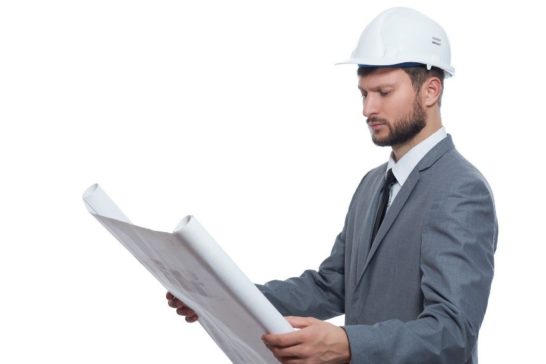Civil Engineering Consultants Can Help Municipalities Address Sewer System Problems
One can’t separate the state of Louisiana from water. With all the rivers and bayous found here, bodies of water are part of life in the state, where people derive their livelihood and where they go for leisure.
However, the line between urban life and nature is a delicate one, and can be easily disrupted. Take for example the recently reported case of wastewater leakage in Mandeville. According to a NOLA.com report, a broken sewage pipe has caused a spike in fecal coliform levels in Bayou Castine.
The sewer leak coincides with Mandeville’s opening of a new section of beach off Lakeshore Drive, which naturally generated safety concerns among residents and local officials.
Challenges in Wastewater Management
In a lot of ways, the development of the sewer system is one of the most important achievements in human history. After all, the system safely conveys wastewater away from the community. Without it, no civilization would have flourished.
Indeed, sewer systems have seen a lot of technological advancement in the interceding centuries. That being said, sewer systems are not invincible against damage, as seen in the case of Mandeville.
The challenge, however, is that sewer systems are buried underground and monitoring their condition can be tricky. For example, Mandeville officials said that the leaking pipe seemed perfectly fine when it was unearthed, but applying pressure on it caused dark liquid to seep out.
A bigger issue is that many of the sewer systems existing today were laid down generations ago. Hence, they have endured decades’ worth of wear and tear, which is why leaks occur. Aside from this, older technology may also mean less efficient and effective wastewater treatment.
What Can Municipalities Do?
Water is a crucial resource in any community, and keeping it clean is a vital task that municipalities must take on. But what can they do to upgrade their sewer systems and avoid the problem faced by Mandeville?
Of course, the first thing they must do is to strengthen their commitment to sewer system maintenance. This includes regular inspections of equipment in wastewater treatment facilities, as well as diligent checking of the actual sewer pipes to ensure their structural integrity. If it is discovered that there are damages or blockages to the pipes, immediate repairs must be carried out.
Another step is to explore alternative and more effective ways of treating wastewater such as ultra violet disinfection, which removes toxic chemicals like chlorine and hypochlorite from the water. They also need to make sure to strictly comply with standards when it comes to treating hazardous waste.
Upgrades can also be undertaken on the city or town’s infrastructure to better treat wastewater. One example would be the addition of oxidation ditches, wherein oxygen is introduced to the wastewater to promote the breakdown of organic material by microorganisms. Another option would be to build additional catch basins that will allow rain to drain into storm sewers more efficiently so it can be diverted into a storm sewer instead of overwhelming the sewage system.
The Importance of Expert Advice
Optimizing and upgrading a municipality’s sewage system is indeed a daunting task. However, local officials need not take on this herculean task alone. An effective way of addressing these challenges is by contracting civil engineering consultants who can provide advice on how best to address sewage system problems. Using their expertise, they can pinpoint problems with your current system and provide suggestions on how to improve them.
The importance of water safety cannot be overstressed. When it comes to water safety, the most important step is making sure that you have an efficient and well-functioning sewer system.
Sources
Fecal coliform spike in Mandeville bayou blamed on faulty sewage pipe, NOLA.com
Preventing Pollution in Wastewater Systems, DNR.mo.gov
Japanese ODA Loan Signed with the Independent State of Papua New Guinea
Japanese Technology for Improving Sanitation and Protecting Coral Reefs, KICA.go.jp












